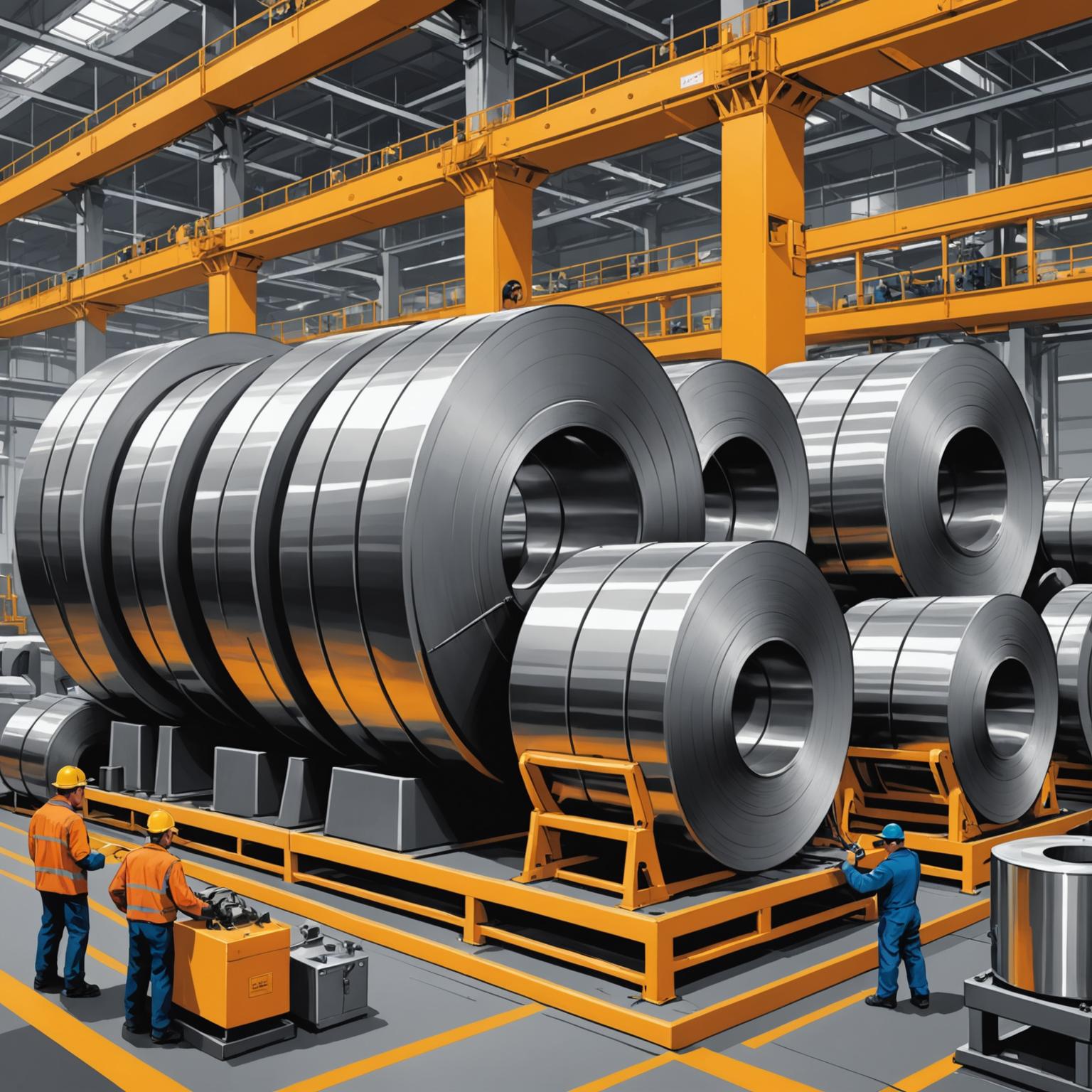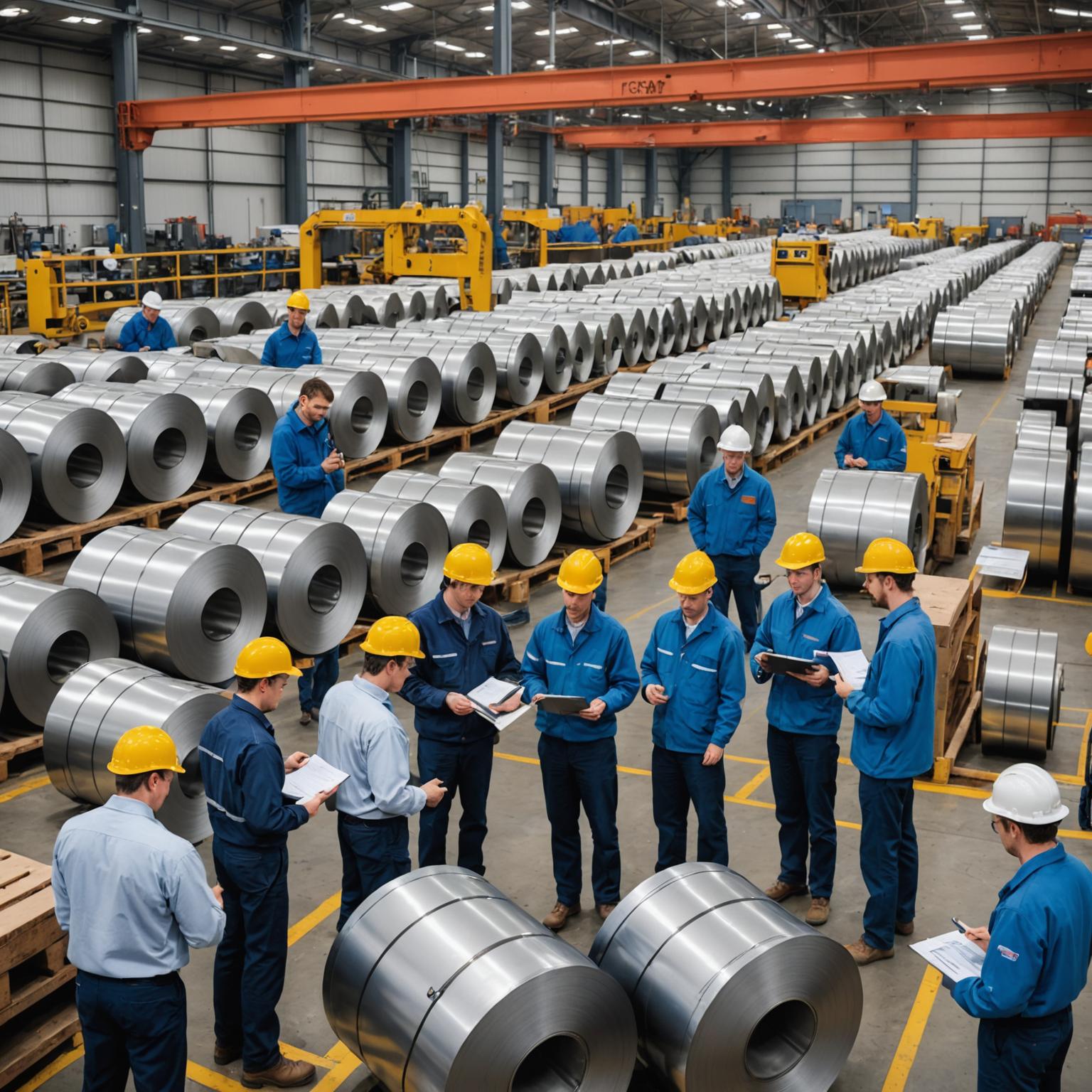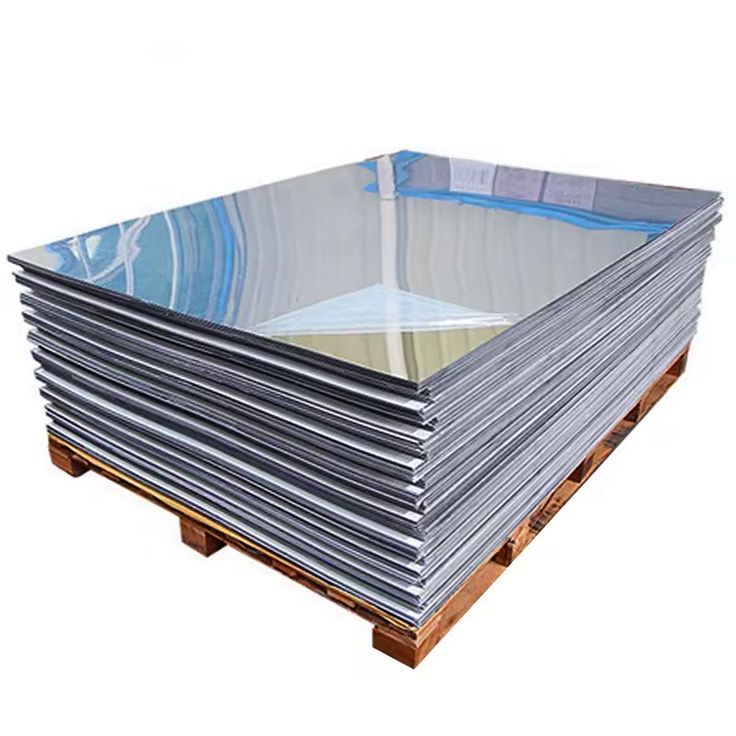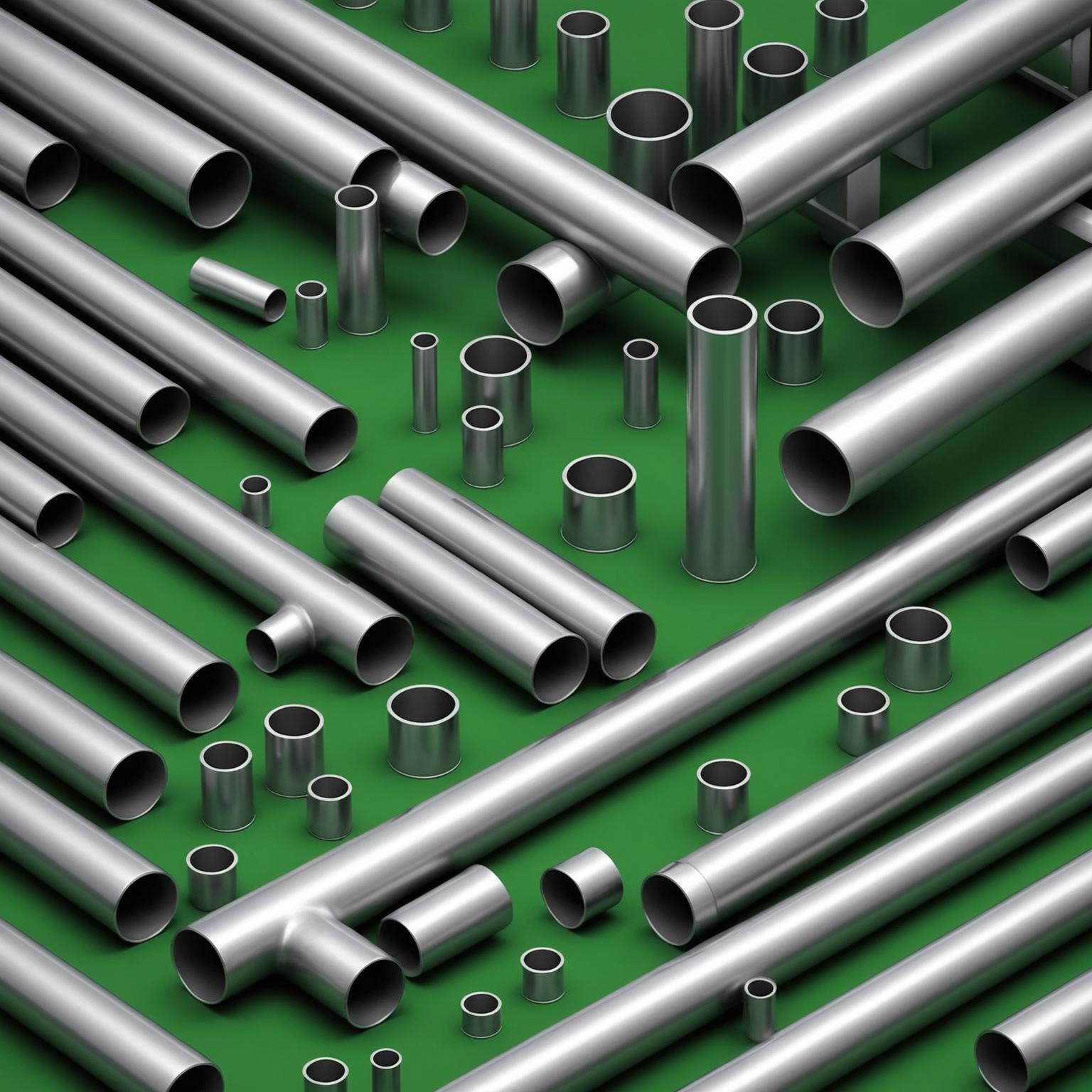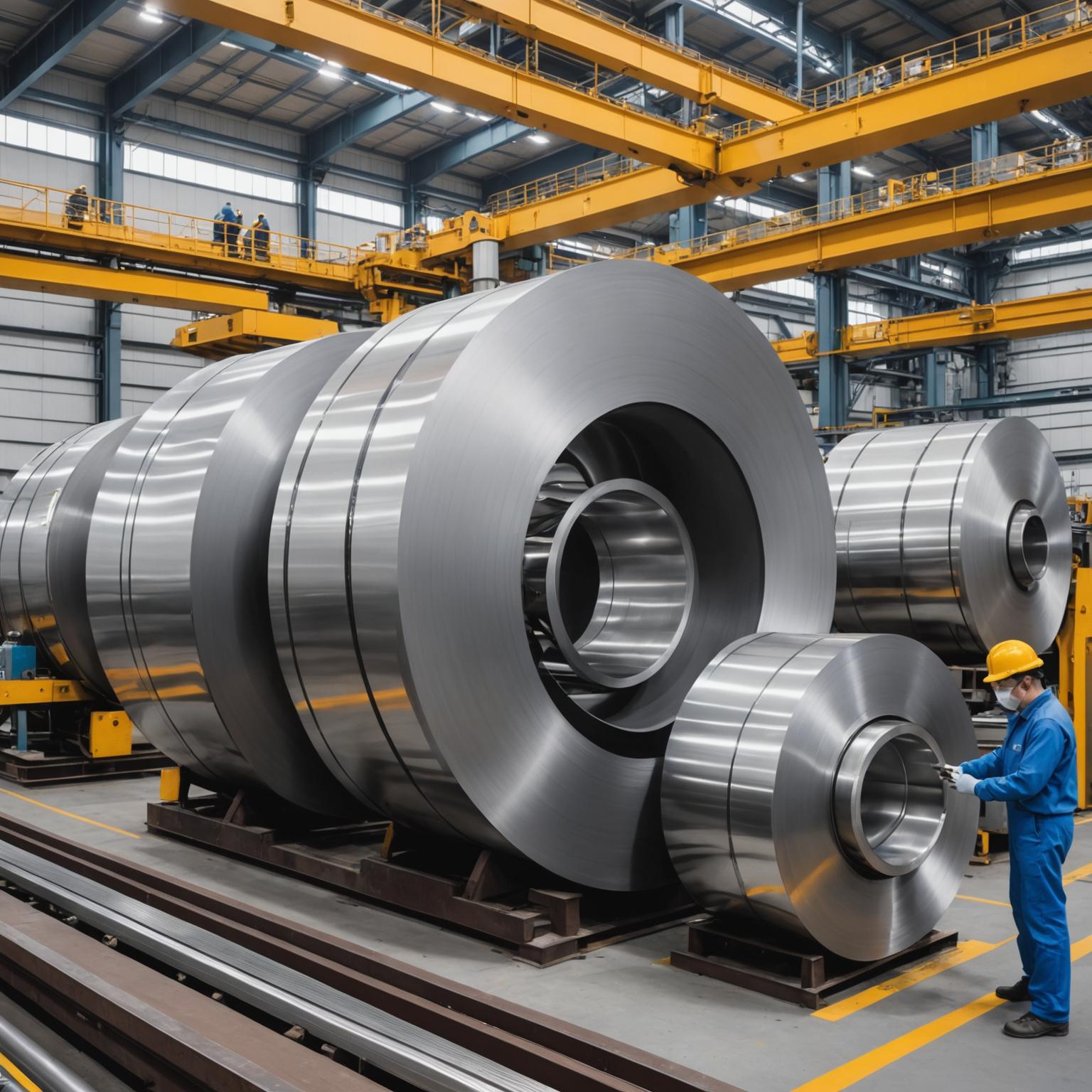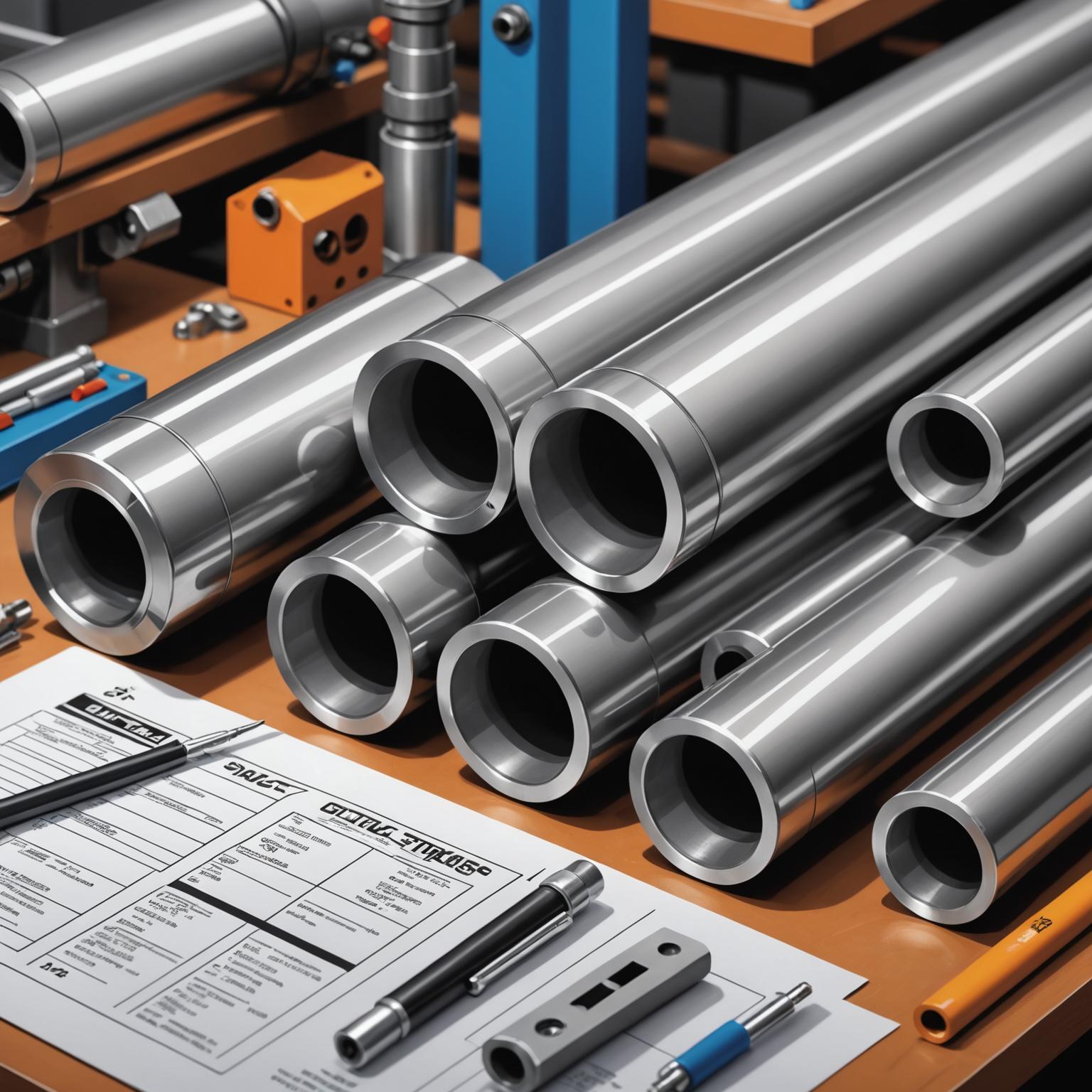Frequently Asked Questions About Stainless Steel
Welcome to our FAQ section, where we answer your most common questions about the incredibly versatile and durable material, stainless steel. Renowned for its strength, corrosion resistance, and sleek appearance, this alloy has become a cornerstone of modern construction, manufacturing, and design. Whether you are an engineer, an architect, or a consumer, understanding the properties and applications of stainless steel can help you make informed decisions for your next project. In this guide, we will explore its different forms, uses, and why choosing the right supplier is paramount.
What makes stainless steel a superior material choice?
Stainless steel's superior qualities stem from its unique chemical composition, primarily an alloy of iron and a minimum of 10.5% chromium. The chromium creates a passive, self-repairing layer of chromium oxide on the surface, which provides its signature 'stainless' property by preventing rust and corrosion. Beyond this fundamental benefit, the material is celebrated for its exceptional durability and strength-to-weight ratio. It can withstand extreme temperatures, high pressure, and harsh chemical environments without degrading. Furthermore, its non-porous surface is incredibly hygienic, making it a mandatory material in food processing, medical facilities, and kitchens. Aesthetically, its clean, modern look, available in finishes from brushed to polished, offers timeless elegance that designers and architects highly value.
What are the most common forms of stainless steel products?
Stainless steel is manufactured in numerous forms to meet the diverse needs of various industries. The three most common forms you will encounter are sheets, coils, and pipes. A stainless steel sheet is a flat piece of the material, valued for its smooth surface and uniform thickness, often used for paneling, fabrication, and appliances. For large-scale manufacturing, a stainless steel coil is the preferred format. This involves long, continuous strips of steel rolled into a coil for efficient transport and processing, which can then be cut to length or stamped into parts. Finally, a stainless steel pipe is a hollow, cylindrical tube used for transporting fluids and gases or for structural applications. Each form is engineered to provide the same core benefits of strength and corrosion resistance while being tailored for specific functions.
What are the key applications of a stainless steel sheet?
A stainless steel sheet is incredibly versatile, lending itself to a vast array of applications where both function and form are important. In architecture, these sheets are used for exterior cladding, roofing, and decorative interior panels, providing a sleek, contemporary finish that is also highly resistant to weather. You will find them in high-end kitchens as backsplashes and countertops, and they form the bodies of premium appliances like refrigerators and dishwashers. The electronics industry uses them for the chassis of high-tech devices, valuing their durability and ability to dissipate heat. Their refined brushed finish delivers a captivating play of light, while their resistance to fingerprints and wear ensures they maintain a pristine look over time, making them a statement of quality and refined taste.
How is a stainless steel coil used in industrial manufacturing?
nA stainless steel coil is the workhorse of high-volume production. These massive rolls of steel are processed through advanced machinery, allowing for continuous and efficient manufacturing operations. In the automotive industry, coils are unwound and stamped to create body panels, exhaust components, and structural frames. In construction, they are formed into ductwork for HVAC systems, roofing panels, and structural supports. The use of a coil streamlines production, minimizes waste, and ensures consistency across thousands of parts. A modern processing facility, featuring precision-engineered systems and gantry cranes, can handle these massive coils with incredible efficiency, a testament to the future of manufacturing where quality and workflow agility are paramount.
Why is a stainless steel pipe essential for modern infrastructure?
nNo material is more critical for the safe and efficient transport of liquids and gases than a stainless steel pipe. Its exceptional resistance to corrosion, even from aggressive chemicals or saline water, makes it ideal for chemical processing plants, oil and gas refineries, and water treatment facilities. The strength of a stainless steel pipe allows it to handle high pressures and temperatures, ensuring system integrity and safety in critical applications. Beyond fluid transport, these pipes are also used structurally in construction and engineering for railings, support columns, and frameworks, where their combination of strength, low maintenance, and aesthetic appeal is highly valued. From aerospace to sophisticated architectural feats, this product sets the standard for industrial-grade perfection.
Why should you partner with an expert supplier like Span International?
While the material itself is exceptional, the quality of your finished product depends heavily on the source of your raw materials. A reliable supplier ensures that you receive steel that meets precise specifications for grade, finish, and dimensions. An expert provider like Span International offers a comprehensive inventory, including every major form of stainless steel, from coils to pipes to sheets, ensuring you can source everything you need from a single, trusted partner. Furthermore, a top-tier supplier invests in quality control and provides full traceability for their products. By partnering with Span International, you gain access not just to premium materials but also to industry expertise that can help you select the right product for your application, ensuring your project's success from the ground up.



